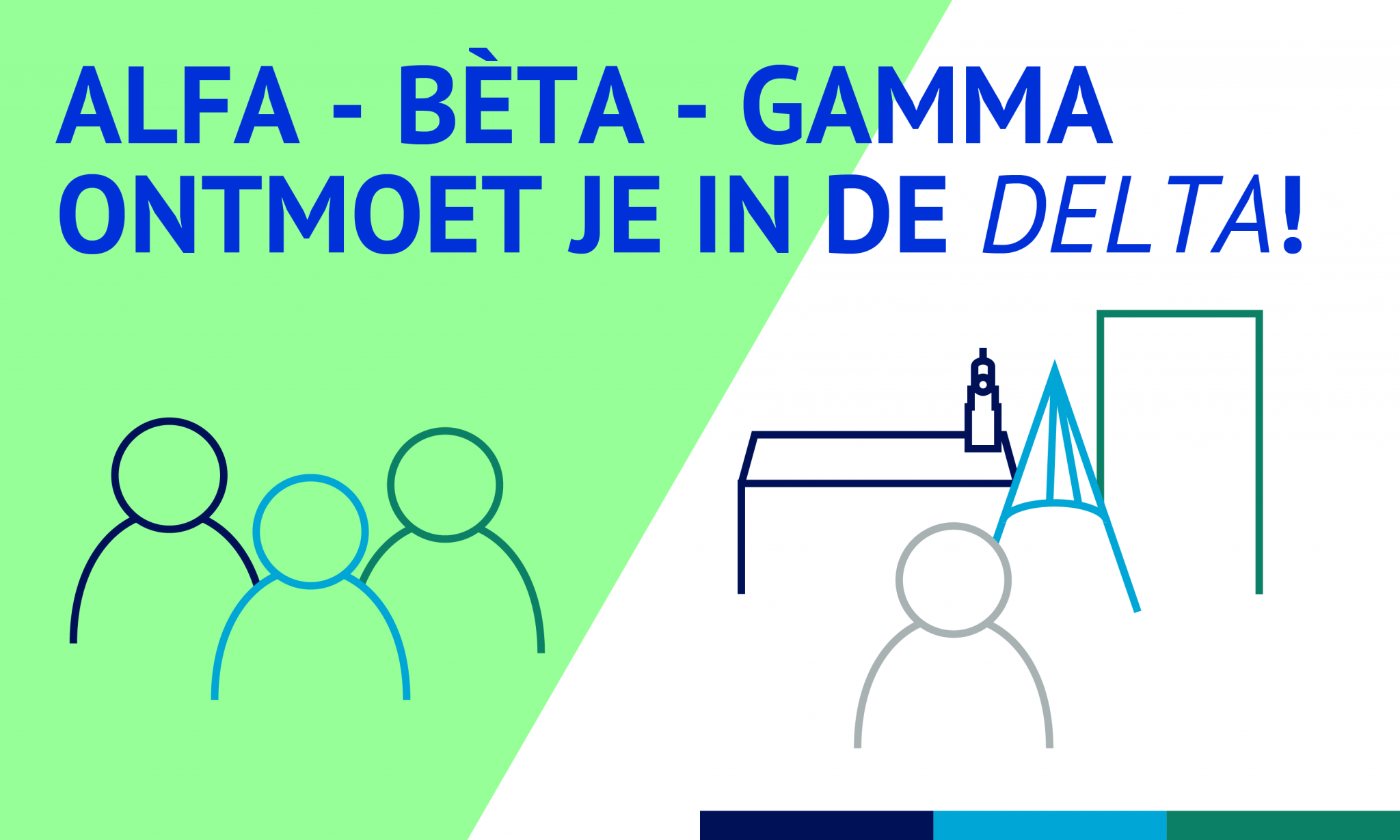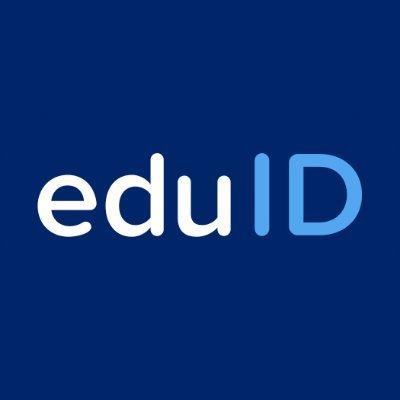Imagine you're studying at TU Delft and you want to take a minor in Rotterdam or Leiden. There are now two ways to do this: via the general minors offered by TU Delft, Leiden or Erasmus University, or via their joint minors. In the coming years, the universities want to encourage this and make it easier to register for these minors, which is why they are taking part in the Student Mobility pilot.

Zuid-Holland, with its three complementary universities located so close together, is an obvious place to make it easy for students to take advantage of the courses offered by each of the universities. The need for this is clear: in the last five years alone over 4000 students took a minor at one of the other LDE universities or a joint minor.
Getting things to run smoothly took a lot of organisation behind the scenes. Yet the students still experience some obstacles, for example, the information about the minors is spread across the websites of the three partner institutions, the registration process is not always clear and the feedback on the mark achieved could be more streamlined.
Removing obstacles
To remove these kinds of obstacles, the Leiden-Delft-Erasmus alliance is taking part in the Student Mobility pilot, in collaboration with a number of other universities and SURF. The pilot is part of the national Acceleration Plan for Educational Innovation with ICT from the Association of Universities in the Netherlands and other parties. The aim of the pilot is to set up a portal where students can quickly and easily register for a minor at another institution. The first students from the LDE universities will be able to use the portal in 2022.
When you take a minor with engineers, business experts and humanities scholars, it introduces you to other perspectives and you learn by trial and error how to get added value from collaboration
Real added value
 ‘The major problems of our times cannot be solved with the knowledge from a single field, so students will have to increasingly cooperate across disciplines in their working lives. Our alliance is in a unique place to give them the opportunity to prepare for this during their degree programme,’ says Marja Verstelle.
‘The major problems of our times cannot be solved with the knowledge from a single field, so students will have to increasingly cooperate across disciplines in their working lives. Our alliance is in a unique place to give them the opportunity to prepare for this during their degree programme,’ says Marja Verstelle.
Verstelle is involved in the pilot as Education project manager on behalf of the LDE Alliance. ‘When you take a minor with engineers, business experts and humanities scholars, it introduces you to other perspectives and you learn by trial and error how to get added value from collaboration. The context in Zuid-Holland is ideal for this, with its degree programmes in arts, sciences and humanities, medicine and technology.’
Less stress
From her many years of experience in education innovation at Leiden University, Verstelle knows that a portal can act as an important catalyst. ‘Students are already able to take elective courses across the LDE universities and we are keen to increase the number of students who take advantage of this. And although it's great that these courses are available and that the universities reserve places for each other's students, this is not enough. Choosing a minor can also be a source of stress. We want this pilot to change that. Thanks to the portal, students will soon be able to find information about all the minors of the partner universities simply and in one single place. The registration procedure will also be smooth and simple. This will underline how valuable we as universities feel it is for our students to take a minor within the LDE alliance.’
Thanks to the portal, students will soon be able to find information about all the minors of the partner universities simply and in one single place.
Verstelle: 'Thanks to the portal, students will soon be able to find information about all the minors of the partner universities simply and in one single place. The registration procedure will also be smooth and simple. This will underline how valuable we as universities feel it is for our students to take a minor within the LDE alliance.’
No extra work
 The pilot is intended to make a start on ironing out the current organisational and technical problems for the students. Once the systems of all three universities have been linked, all the information on the minors will enter the portal automatically via the Open Education API (an application programming interface standard for sharing education data). This information includes the course description, the required prior knowledge, the number of credits and the timetable.
The pilot is intended to make a start on ironing out the current organisational and technical problems for the students. Once the systems of all three universities have been linked, all the information on the minors will enter the portal automatically via the Open Education API (an application programming interface standard for sharing education data). This information includes the course description, the required prior knowledge, the number of credits and the timetable.
It will also no longer be necessary to send student data by post and process them manually. Students can give permission via an eduID account for data to be released that enables them to register for the course at another university. The university in question will receive an alert in the student administration system (SIS) that a new student has registered.



